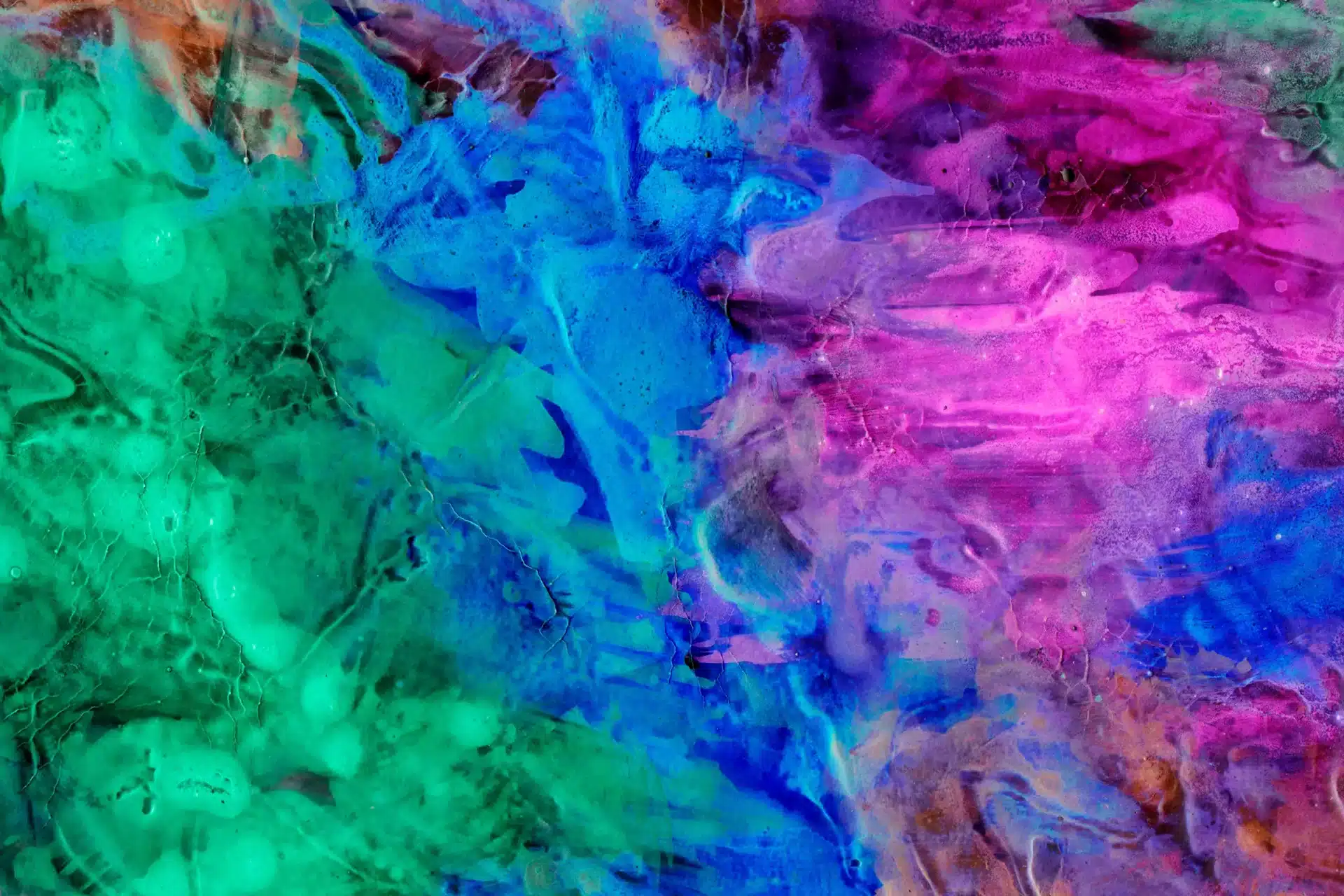Understanding The Concept Of Masa 49 And Its Cultural Significance
Alright folks, let me tell you something fascinating. Have you ever stumbled upon the term "masa 49" and wondered what it means and why it’s so deeply rooted in certain cultures? Well, you’re not alone. Many people are intrigued by this concept, and today, we’re diving deep into its essence. Masa 49 is not just a random number or phrase; it carries layers of cultural, spiritual, and historical meaning that we need to unpack. So, grab your favorite drink, get comfy, and let’s explore this together.
Now, you might be thinking, "Why should I care about masa 49?" Great question! Understanding the concept of masa 49 is like unlocking a secret code to some of the most profound cultural practices in certain regions. It’s not just about numbers; it’s about tradition, belief, and the way communities honor their past. This concept has been passed down through generations, and it continues to shape the lives of many people today.
Let’s set the stage here. Masa 49 is often associated with rituals, ceremonies, and even mourning periods in various cultures. It’s a time of reflection, remembrance, and sometimes, even celebration. But what makes it so significant? Why does it resonate so deeply with people? In this article, we’ll break it down for you, piece by piece, and help you understand why masa 49 is more than just a number.
- Annamalai Family Photo A Closer Look Into Their Iconic Moments
- Kerri Wallinreed Today A Deep Dive Into Her Life Career And Impact
What Exactly is Masa 49?
Alright, let’s start with the basics. Masa 49 refers to a 49-day period that holds immense cultural and spiritual significance in certain traditions. This concept is most commonly found in communities influenced by Buddhism, Hinduism, and even some indigenous practices. During this time, families and communities come together to honor the deceased, perform rituals, and reflect on life and death.
But why 49 days, you ask? Well, the number 49 is not arbitrary. In many spiritual beliefs, it represents a transitional period where the soul of the deceased is believed to journey from one realm to another. This journey is thought to take exactly 49 days, and during this time, the living offer prayers, make offerings, and perform ceremonies to guide the soul toward peace.
The Origins of Masa 49
Now, where did this idea come from? The concept of masa 49 can be traced back thousands of years to ancient spiritual texts and practices. For instance, in Buddhism, the "Bardo Thodol," also known as the "Tibetan Book of the Dead," outlines the 49-day journey of the soul after death. Similarly, in Hinduism, the "Pitru Paksha" period involves rituals performed over 49 days to honor ancestors.
- Marjorie Taylor Greene Daughter The Rising Star In The Spotlight
- Meet The Kristi Noem Kids A Closer Look At The Governors Family Life
These traditions emphasize the importance of respecting the deceased and ensuring their safe passage into the afterlife. It’s a way of showing gratitude, maintaining family bonds, and preserving cultural heritage. So, while the specifics may vary across cultures, the core idea remains the same: honoring the cycle of life and death.
How is Masa 49 Practiced?
So, how exactly do people observe masa 49? Well, it depends on the culture and region. In some places, families gather every seven days during the 49-day period to perform prayers and make offerings. These gatherings are often accompanied by feasts, music, and even storytelling. It’s a time for family and friends to come together and support one another through the grieving process.
In other communities, the focus is more on individual reflection and meditation. People might spend time in temples, read sacred texts, or engage in acts of charity as a way of honoring the deceased. Regardless of the method, the underlying purpose is the same: to provide comfort, closure, and a sense of continuity.
Key Rituals During Masa 49
Here’s a quick rundown of some common rituals associated with masa 49:
- Prayers and Offerings: Families often perform daily or weekly prayers and offer food, flowers, and incense to the deceased.
- Charity and Good Deeds: Many believe that performing acts of kindness during this period helps guide the soul to a better place.
- Gathering of Family and Friends: Social support plays a crucial role in helping people cope with loss.
- Meditation and Reflection: Some individuals prefer to spend time in quiet contemplation, reflecting on the meaning of life and death.
These rituals vary depending on the community, but they all share a common goal: to honor the deceased and provide solace to the living.
Why is Masa 49 So Important?
Alright, let’s talk about why masa 49 matters so much. For many people, it’s not just a tradition; it’s a way of life. This period serves as a reminder of the impermanence of life and the importance of cherishing every moment. It encourages people to live with purpose, treat others with kindness, and maintain strong family ties.
Moreover, masa 49 plays a vital role in preserving cultural identity. In a world where globalization is erasing traditional practices, this concept helps keep ancient customs alive. It’s a way of passing down knowledge, values, and beliefs from one generation to the next. And in doing so, it strengthens the sense of community and belonging.
The Psychological Benefits of Masa 49
But wait, there’s more! Masa 49 isn’t just about cultural significance; it also has psychological benefits. Research shows that rituals and ceremonies can be incredibly healing for those who are grieving. They provide a structured way to process emotions, find meaning in loss, and move forward in life.
In fact, studies have found that participating in such rituals can reduce feelings of loneliness, anxiety, and depression. It’s like giving the brain and heart a much-needed break from the chaos of everyday life. So, while masa 49 may seem like a lot of work, it’s actually a gift that keeps on giving.
Cultural Variations of Masa 49
Now, let’s explore how different cultures interpret and practice masa 49. While the core concept remains the same, the rituals and traditions vary widely across regions. For example:
1. Tibetan Buddhism
In Tibetan Buddhism, the 49-day period is known as the "Bardo," and it’s considered a critical time for the soul’s journey. During this period, monks recite prayers from the "Bardo Thodol" to guide the deceased through the afterlife. Families also make offerings and perform acts of merit to ensure the soul’s safe passage.
2. Hinduism
In Hinduism, the 49-day period is part of the "Shraddha" rituals, where families offer food, water, and other items to their ancestors. These offerings are believed to nourish the souls of the deceased and help them attain liberation.
3. Indigenous Practices
Some indigenous cultures also observe a similar period of mourning and remembrance. They might perform dances, sing songs, or create art to honor the deceased. These practices are deeply connected to nature and the cycle of life.
As you can see, masa 49 is a universal concept that transcends borders and religions. It’s a testament to the shared human experience of loss and remembrance.
Modern Interpretations of Masa 49
Now, let’s fast forward to the present day. How do people practice masa 49 in the modern world? With the rise of technology and urbanization, traditional rituals are evolving to fit contemporary lifestyles. For instance, some families now hold virtual gatherings via video calls, allowing loved ones from different parts of the world to participate in the ceremonies.
Others incorporate elements of mindfulness and self-care into their practice. They might meditate, journal, or engage in creative activities as a way of honoring the deceased. The key is to find a balance between tradition and innovation, ensuring that the essence of masa 49 is preserved while adapting to changing times.
Technology and Masa 49
Technology has also played a role in keeping masa 49 relevant. Apps and online platforms now offer resources for those who want to learn more about the concept or participate in virtual ceremonies. These tools make it easier for people to stay connected and engaged, even if they’re physically far from their families.
However, it’s important to remember that technology is just a tool. The heart and soul of masa 49 lie in the connections we make with one another and the meaning we find in our shared experiences.
Challenges and Misconceptions About Masa 49
Of course, no tradition is without its challenges. One of the biggest hurdles facing masa 49 today is the lack of awareness and understanding. Many younger generations are unfamiliar with the concept or see it as outdated. This can lead to a disconnect between older and younger family members, making it harder to preserve the tradition.
Another challenge is the misconception that masa 49 is only for certain religions or cultures. In reality, it’s a universal concept that can be adapted to fit anyone’s beliefs and practices. It’s all about finding what works for you and your family.
How to Overcome These Challenges
So, how can we address these issues? Education is key. By sharing stories, hosting workshops, and creating resources, we can help people understand the value of masa 49. Encouraging intergenerational dialogue and collaboration can also strengthen family bonds and foster a sense of continuity.
Additionally, embracing diversity and inclusivity can make masa 49 more accessible to everyone. Whether you’re religious or secular, traditional or modern, there’s a place for you in this practice. It’s all about finding common ground and celebrating our shared humanity.
The Future of Masa 49
As we look to the future, the question arises: Where is masa 49 headed? With the world becoming increasingly interconnected, it’s likely that this concept will continue to evolve and adapt. We might see more hybrid practices that blend traditional and modern elements, or even new interpretations that reflect the changing times.
What remains constant, however, is the core idea of honoring the past and finding meaning in the present. Masa 49 reminds us that while life is fleeting, our connections to one another are eternal. It’s a powerful message that transcends time and space.
How You Can Get Involved
So, how can you get involved in masa 49? Whether you’re part of a community that practices this tradition or simply curious about it, there are plenty of ways to participate. You can attend local ceremonies, read about the history and significance of masa 49, or even start your own practice.
Remember, it’s not about doing everything perfectly; it’s about being present and open to the experience. Masa 49 is a journey, not a destination. And like any journey, it’s filled with lessons, challenges, and moments of joy.
Conclusion
Alright folks, that’s a wrap on our deep dive into the concept of masa 49 and its cultural significance. We’ve explored its origins, practices, challenges, and future, and hopefully, you’ve gained a better understanding of why it matters so much. Masa 49 is more than just a tradition; it’s a reminder of the beauty and complexity of life.
So, what’s next? I encourage you to take action. Share this article with someone who might find it interesting, leave a comment with your thoughts, or even start your own masa 49 practice. The more we talk about and engage with these traditions, the more we honor the people and cultures that shaped them.
And hey, if you’re looking for more articles like this, be sure to check out our other content. We’ve got plenty of fascinating topics waiting for you. Thanks for reading, and until next time, take care!
Table of Contents
- What Exactly is Masa 49?
- The Origins of Masa 49
- How is Masa 49 Practiced?
- Key Rituals During Masa 49
- Why is Masa 49 So Important?
- The Psychological Benefits of Masa 49
- Cultural Variations of Masa 49
- Modern Interpretations of Masa 49



Detail Author:
- Name : Miss Lupe Cormier
- Username : tremblay.myrtie
- Email : leann65@connelly.com
- Birthdate : 2007-05-13
- Address : 463 King Square Suite 208 East Celine, MN 17502
- Phone : 1-419-215-2131
- Company : Zulauf PLC
- Job : Legal Secretary
- Bio : Accusantium eligendi eligendi et totam molestiae. Delectus minima quis aspernatur placeat repudiandae. Molestiae omnis voluptas earum nesciunt nobis quam ut qui.
Socials
linkedin:
- url : https://linkedin.com/in/trinity_official
- username : trinity_official
- bio : Alias perspiciatis consectetur non qui quasi.
- followers : 2317
- following : 511
facebook:
- url : https://facebook.com/trinity_schuster
- username : trinity_schuster
- bio : Est nam et ratione vel ipsa quia. Aliquid odio quo libero facilis.
- followers : 1131
- following : 2347
tiktok:
- url : https://tiktok.com/@tschuster
- username : tschuster
- bio : Voluptas consequatur numquam voluptatum officia aliquam quibusdam sed.
- followers : 3593
- following : 2345